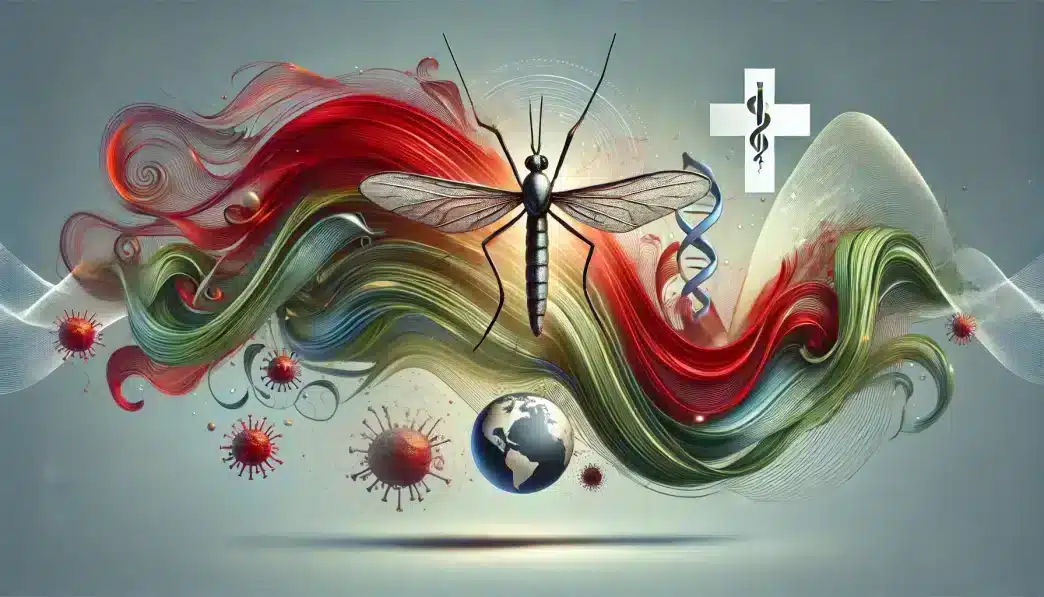What is World Malaria Day?
World Malaria Day is observed annually on April 25 to raise awareness about malaria and global efforts to prevent and control the disease. Established by the World Health Organization (WHO) in 2007, this day highlights the progress made in fighting malaria while emphasizing the need for continued investment and innovation.
Malaria remains a major global health challenge, particularly in tropical and subtropical regions. The day serves as a reminder of the impact of the disease and the importance of collective action to eliminate it. Governments, health organizations, and individuals come together to educate communities, support research, and advocate for policies that combat malaria.
History and Origin
World Malaria Day evolved from Africa Malaria Day, first observed in 2001 after the Abuja Declaration, where African leaders committed to reducing malaria-related deaths. Recognizing malaria as a global issue, WHO expanded the initiative in 2007 to raise worldwide awareness and encourage coordinated efforts against the disease.
Since then, the observance has played a key role in mobilizing funding, promoting preventive measures, and driving research into new treatments and vaccines. Global campaigns continue to highlight the importance of insecticide-treated bed nets, antimalarial medications, and community health programs in reducing malaria transmission.
Who Celebrates World Malaria Day?
- Health organizations use the day to raise awareness, share research, and promote malaria prevention strategies.
- Governments and policy makers strengthen malaria control programs and allocate resources for disease prevention.
- Educational institutions teach students about malaria’s impact and the importance of global health initiatives.
- The general public participates by learning about malaria, supporting fundraising efforts, and advocating for policies to combat the disease.
- Pharmaceutical and research institutions focus on developing new treatments, vaccines, and vector control methods.
Slogans and Themes
World Malaria Day focuses on themes of prevention, treatment, and global cooperation. Popular slogans include “End Malaria for Good,” “Zero Malaria Starts With Me,” and “Time to Deliver Zero Malaria.” The themes emphasize investment in research, strengthening healthcare systems, and ensuring access to malaria prevention tools in high-risk regions.
Colors, Symbols, and Patterns
Colors
- Red represents the fight against malaria and is commonly associated with health awareness campaigns.
- Green symbolizes life and well-being, reflecting the goal of a malaria-free world.
- Blue signifies global health efforts and international collaboration.
Symbols
- Mosquito represents the primary vector transmitting malaria, highlighting the focus on vector control.
- Bed net symbolizes one of the most effective preventive measures against malaria.
- Medical cross represents healthcare professionals and efforts to treat and prevent the disease.
Patterns
- Interconnected circles symbolize global unity in the fight against malaria.
- Wave patterns represent the spread of awareness and intervention efforts.
- Medical icons illustrate treatment, prevention, and research in combating malaria.
How to Celebrate World Malaria Day
- Participate in educational campaigns by attending webinars, community events, or school programs about malaria prevention.
- Support fundraising initiatives for organizations providing bed nets, vaccines, and medical supplies to affected regions.
- Share on social media using hashtags to raise awareness and encourage action against malaria.
- Advocate for policy changes by urging leaders to invest in malaria prevention and treatment programs.
- Engage in community outreach by distributing informational materials or supporting local health initiatives.
Most Used Hashtags
- #WorldMalariaDay
- #EndMalaria
- #ZeroMalaria
- #MalariaAwareness
- #FightMalaria
Why is World Malaria Day Important?
World Malaria Day serves as a crucial reminder of the ongoing fight against malaria, a disease that affects millions worldwide. It highlights both the successes in reducing mortality rates and the challenges that remain in eliminating the disease. By raising awareness, mobilizing resources, and advocating for stronger health policies, the day encourages action toward a malaria-free future.
Malaria is preventable and treatable, yet it continues to claim lives, particularly in low-income countries. Efforts to expand access to healthcare, distribute mosquito nets, and develop vaccines are essential in eradicating the disease. World Malaria Day reinforces the importance of sustained commitment from governments, organizations, and individuals in achieving this goal.
Features
- Health
